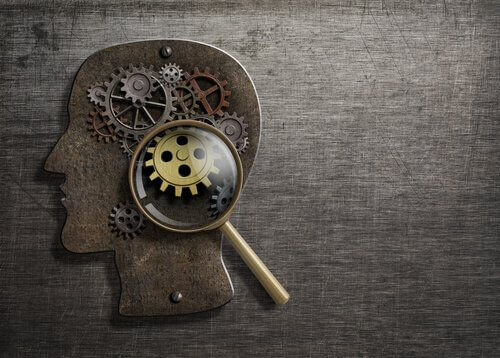My knowledge of psychology is limited to that required in the field of human resource management. However, I thought I'd still try to help with questions 1, 2 and 6.
Question 1:
Psychological theory is discontinuous - there are distinct stages of development.
Behaviourism is continuous. As long as the contingencies in the environment are changing, behaviour continues to change.
Social learning theory is continuous - learning is gradual and ongoing without distinct stages.
I am not entirely sure about
ethological theory, but I believe it would be continuous, since it claims that
our behaviour is part of our biological structure. It would make sense that behavioural changes in this case occur gradually, because they follow a biological structure.
Bioecological theory can be either continuous or discontinuous. Whether it is continuous or discontinuous will depend on a specific situation/set of circumstances.
Life course theory seeks to understand the multiple factors that shape people’s lives from birth to death, placing individual and family development in cultural and historical contexts. Based on this, life course theory could be either continuous or discontinuous (similarly to bioecological theory) as it relies on what shapes people's lives. These factors can take both forms (although I'm not entirely sure, I do think this would make sense).
Piaget's theory of childhood development (
cognitive developmental theory) is discontinuous because it defines development in terms of stages.
Question 2:
Psychosocial theory definitely considers individual and social influences. In terms of psychological processes, perception, learning, thought, attention and memory are also most likely relevant.
Social learning theory also considers individual and social influences.
Because
behaviourism states
all behaviours are learned through interaction with the environment, there is definitely a focus on the individual and social influences as well as psychological processes (mainly learning, perception, thought, attention and memory).
Bioecological theory also considers individual and social influences. I'm not entirely sure whether it also considers psychological processes, but if it does, I would assume the main processes in this case are attention and thought.
Given the definition of
ethological theory above, I would assume this theory only considers individual influences, due to the individual's biological structure.
Cognitive developmental theory seemingly considers both individual and social influences as well as the learning, perception, thought, attention and memory psychological processes.
Given the above definition,
life course theory would consider individual and social influences as well as a combination of psychological processes, e.g. thought, memory and perception.
Question 6:
Psychosocial development specifically emphasizes the importance of social interactions in development and how these interactions help to resolve a social conflict of the ego. Therefore,
psychosocial theory proposes nurture rather than nature.
A fundamental characteristic of behaviourists is that they view the external environment as the principal (maybe the only) determinant factor in behaviour. So, in the classic "nature vs nurture" debate,
behaviourism falls on the "nurture" side.
Social learning theory disregards the influence of biological factors such as hormones and genetics on behaviour, which limits a person's behaviour to either nature or nurture.
Ethological theory supports the notion that a person's personality/behaviour is dependent on both biological nature and environmental nurture.
Bronfenbrenner's
bioecological theory suggests that the contributions of nature and nurture cannot be separated easily because they are part of a dynamic system, constantly influencing one another.
In terms of
cognitive developmental theory, nature and nurture interact to produce cognitive development:
- Nature: maturation of brain and body; ability to perceive, learn, act; motivation
- Nurture:
- Adaptation: Children respond to the demands of the environment in ways that meet their own goals.
- Organisation: Children integrate particular observations into a body of coherent knowledge.
I wasn't able to find much information on the position of life course theory sadly.
Links and sources you might find useful:
A resource that we have when it comes to adapting to the world around us is our behavior. This allows...

exploringyourmind.com

courses.lumenlearning.com
Answer to: Is Piaget's theory continuous or discontinuous? By signing up, you'll get thousands of step-by-step solutions to your homework...

study.com
.
Answer to: Is behaviorism continuous or discontinuous? By signing up, you'll get thousands of step-by-step solutions to your homework questions....

study.com
.
Erikson believed that his psychosocial principle is genetically inevitable in shaping human development. It occurs in all people. In the 'nature v nurture' (genes v experience) debate, Erikson was firmly focused on nurture and experience.

findanyanswer.com
The concept of social learning theory is that behavior is learned and emulated. Learn more about social learning theory in social work.

www.onlinemswprograms.com
.
Get an answer for 'What is the nature of ethological theory? What are some contributions and criticisms of the theory?' and find homework help for other Science questions at eNotes
www.enotes.com
Sorry that this doesn't answer all your questions, but I hope the above information helps!



